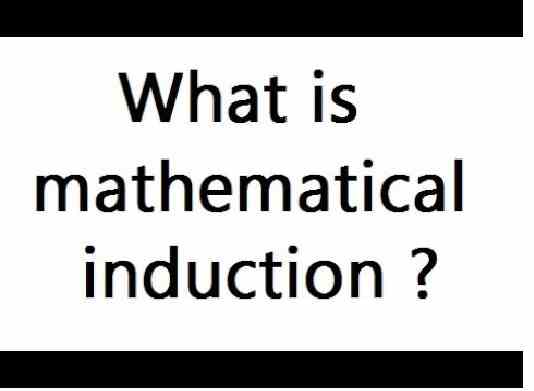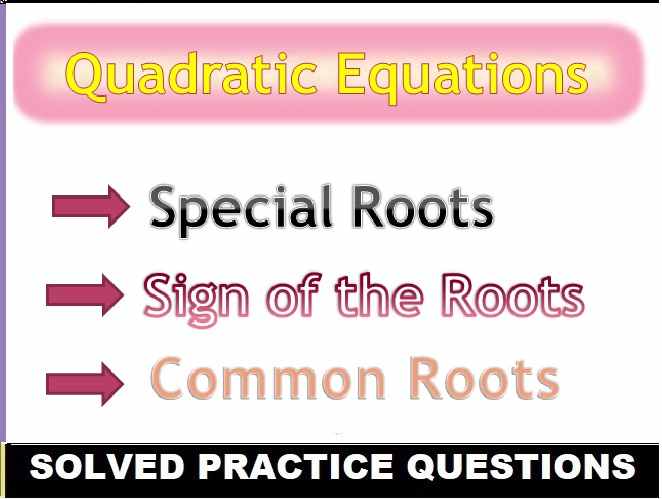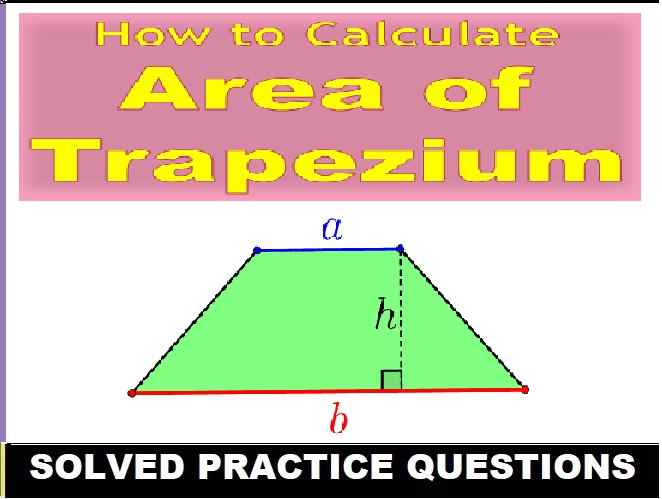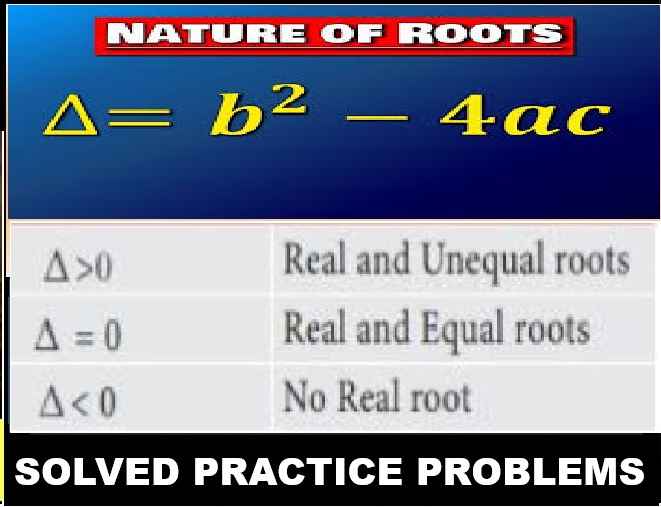Principle of Mathematical Induction ML Aggarwal ISC Class-11 Maths Solutions Chapter-4. Step by step Solutions of ML Aggarwal ISC Class-11 Mathematics with Exe 1.1, Exe-1.2, Exe-1.3, and Chapter Test Questions. Visit official Website CISCE for detail information about ISC Board Class-11 Mathematics.

Principle of Mathematical Induction ML Aggarwal ISC Class-11 Maths Solutions Chapter-4
| Board | ISC |
| Class | 11 |
| Subject | Mathematics |
| Chapter-4 | Principle of Mathematical Induction |
| Session | 2024-25 |
| Topics | Solutions of ML Aggarwal |
Mathematical Induction?
Mathematical induction is a specialized form of working on different cases and coming up with observations. Induction is the compilation from a particular set of facts. This method is used to determine a wide range of statements in which we analyze the leggedness of the case.
Properties of Mathematical Induction
Mathematical induction has to follow statements with respect to the properties they obey:
- When for the value of n is true for statements such as n ≥ 5, we should initiate with satisfying the value n=5 i.e. P(5)
- If the statement provided is true for n=k, and if it satisfies the value n=k then it will also satisfy n=k+1. In order to prove the trueness of the statement, we have to prove n=k+1.
Inductive Hypothesis
The step mentioned above is the assumption of the trueness of the statement n=k and is referred to as the inductive step or inductive hypothesis.
First Principle of Mathematical Induction
The proposition P (n) can be proved by the principle of mathematical induction for all n ∈ N as discussed in the following three steps:
1. The first step is also termed as the basic step of induction in which we prove that the position P(n) is true for the smallest positive integer or the first natural number i.e. for n = 1. This is also called as the verification step.
2. The next step is the induction step in which the proposition is assumed to be true for some n = k ≥ 1, i.e. we assume P(k) to be true.
3. The last step is the generalization step. If P(k) is true, then the proposition is proved true for n = k+1 i.e. for the next positive integer or the next natural number.
So, in this step the motive is to prove that if P(k) is true then P(k+1) must also be true, i.e. P(k) ⇒P(k+1) is true.
At the end, the result is generalized by saying that since the proposition is true for n = k+1, then it must be true for n = k as well and hence the proposition will also be true for all n belonging to the set of natural numbers.
Second Principle of Mathematical Induction
1. The first step is the verification step in which the proposition P(n) is proved to be true for n = m, where m is some fixed integer.
2. In the next step which is the induction step, we assume that the proposition P(n) is true for n = m, m+1, m+2, … r.
3. The last step is again the generalization step. In this step, prove that the proposition P(n) is true for n = r +1. Thus, once it is proved true, the result is generalized by stating that since the proposition is true for n = r+1, then it must also be true for n = m, m+1, m+2, … r as assumed in the previous step. Hence, the proposition is true for all n ≥ m belonging to the set of natural numbers.
Exe-4.1,
Principle of Mathematical Induction ISC Class-11 Maths Solutions Chapter-4
Exe-4.2
Principle of Mathematical Induction ISC Class-11 Maths Solutions Chapter-4
Exe-4.3,
Principle of Mathematical Induction ML Aggarwal ISC Class-11 Maths Solutions Chapter-4
Chapter Test
Principle of Mathematical Induction ML Aggarwal ISC Class-11 Maths Solutions Chapter-4
-: End of Principle of Mathematical Induction ML Aggarwal ISC Class-11 Maths Solutions Chapter-4 :-
Return to :- ML Aggrawal ISC Class-11 Maths Vol-1 Solutions
Thanks
Please share with your friends



Admin, Solution is not showing..please help
upgrading for 2021-22 work is in progress and then reappear again
In My laptop and phone solutions are not opening of mathematics
dear student/well wisher
upgrading for 2021-22 work is in progress
why the content is protected….??? i need it very much for solving the matrix problems…plz sort out the problem.
uploaded again soon